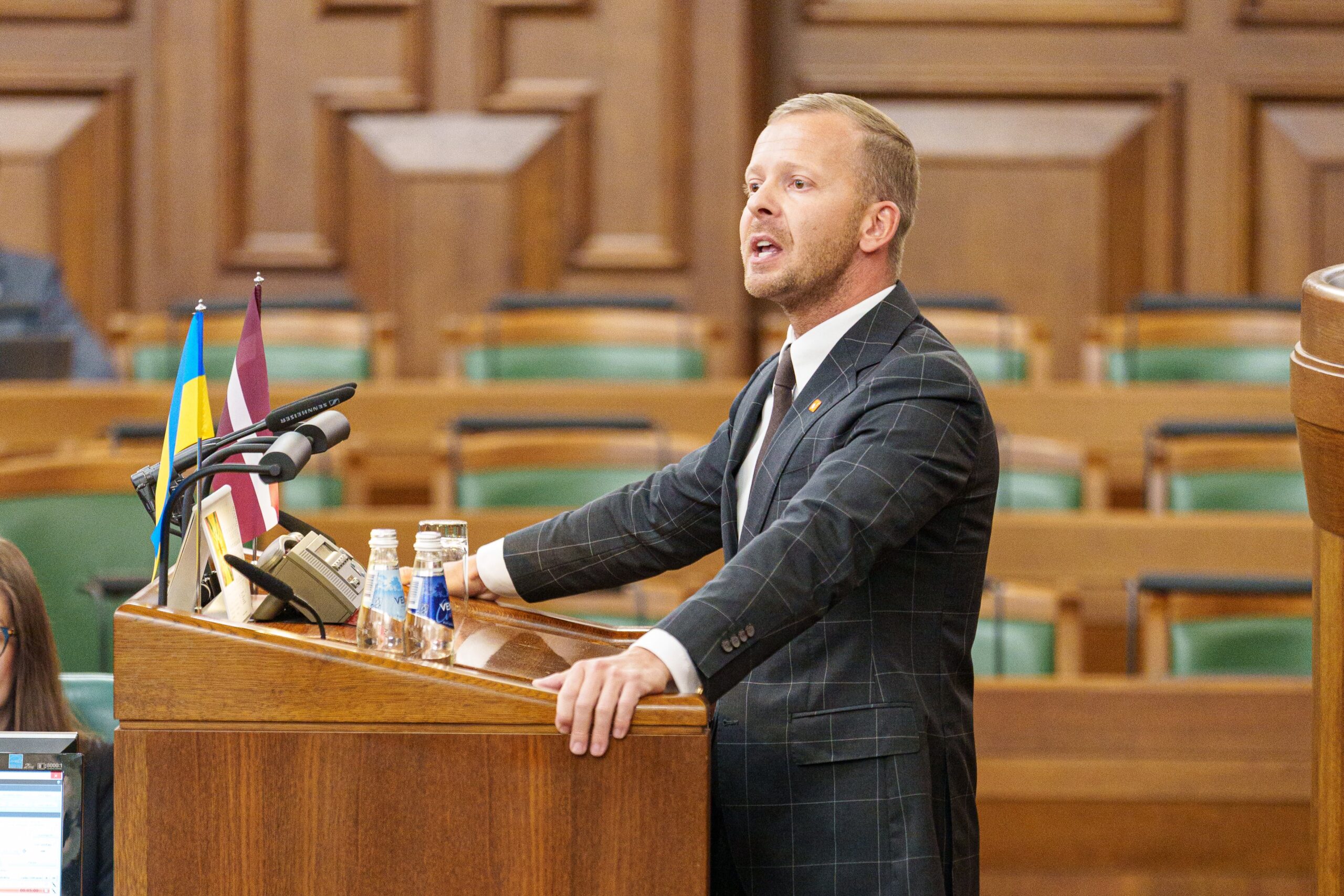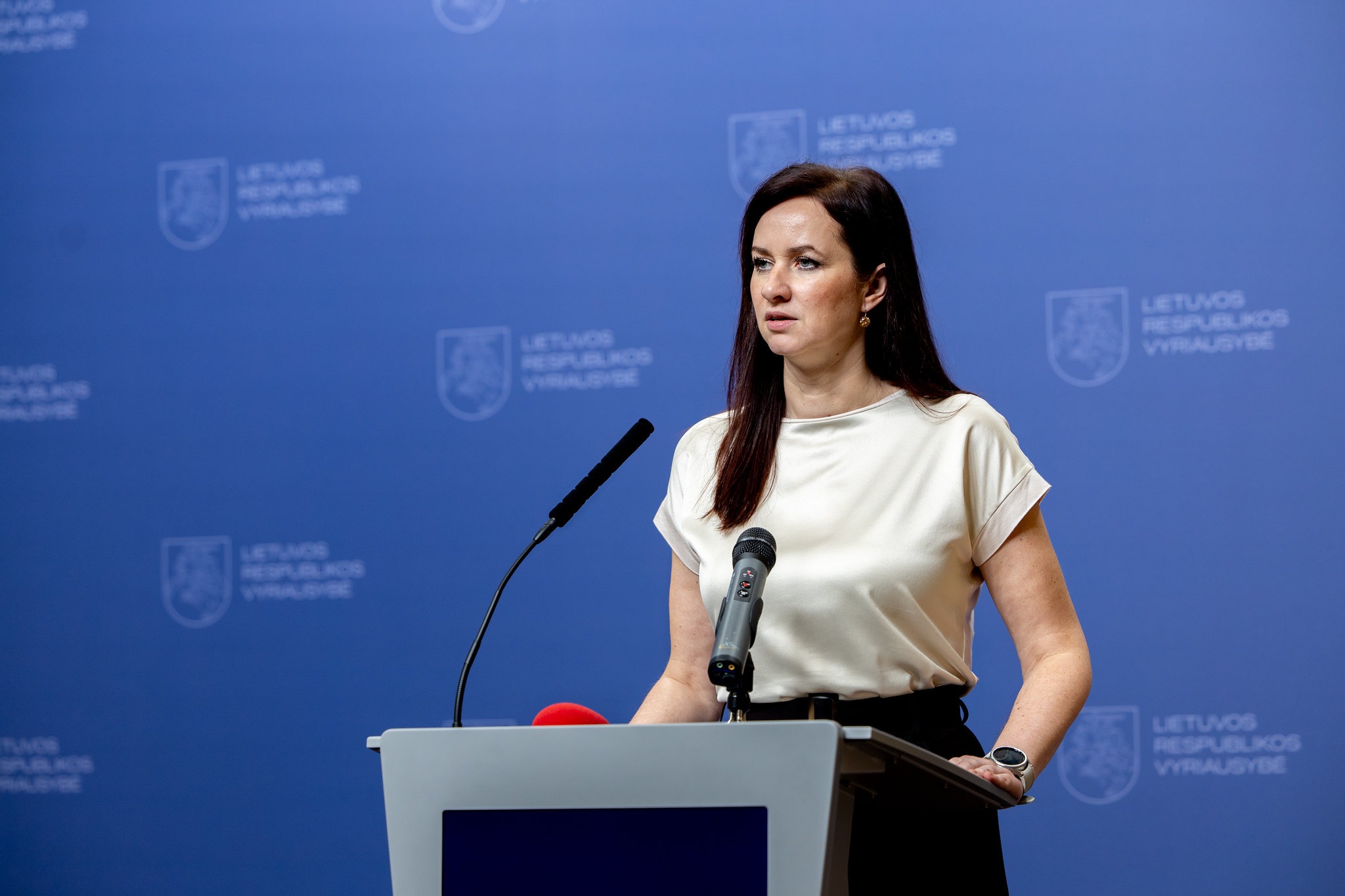
Main narratives:
- Latvia is Russophobic;
- Prosecution of Russian speakers.
Overview:
Roslikovs’ own Telegram channel continued to frame him as a victim of state persecution and a lone defender of Latvia’s Russian-speaking minority, using emotionally charged rhetoric to mobilize support. The “Antifascists of Pribaltics” Telegram channel promoted anti-Western, anti-Latvian, and pro-Kremlin narratives. It framed Latvia as a Russophobic, morally corrupt, and externally controlled state, often using inflammatory and conspiratorial rhetoric.
One of the narratives in the Antifascist channel portrayed Latvia as a NATO/EU Puppet. Latvia was depicted as a tool of the “Anglo-Saxons” and Israel, supposedly trying to provoke Russia into war. Latvian political figures are labeled “Nazis,” and any cooperation with Western states was presented as aggression against Russia. Some posts claimed the moral decline of Latvia: Posts mocked Latvia’s legal recognition of same-sex partnerships, framing it as evidence of national decay under Western influence. This fits a common Kremlin-backed narrative portraying liberal democratic values as degenerate. There were also posts framing Russian-speaking minorities in Latvia as persecuted victims, setting the stage for a supposed moral justification for Russian intervention or retaliation.
Meanwhile, Roslikovs’ Telegram channel focused on political victimization, portraying himself as the embattled defender of Latvia’s Russian-speaking minority. Roslikovs presented the criminal case against him as ethnic discrimination and a human rights violation. He amplified foreign support from Italy as evidence of growing European awareness of alleged anti-Russian oppression in Latvia. His messaging was emotionally charged, emphasizing resilience, unity, and injustice, aimed at rallying his base with phrases like “WE ARE A FORCE AND WE CANNOT BE BROKEN.”
By amplifying themes of ethnic persecution, moral decay, and Western manipulation, these channels seek to deepen societal divides. Roslikovs’ ability to turn legal scrutiny into a populist rallying cry further illustrates the deep divide between latvian and Russian speaking parts of the country.









